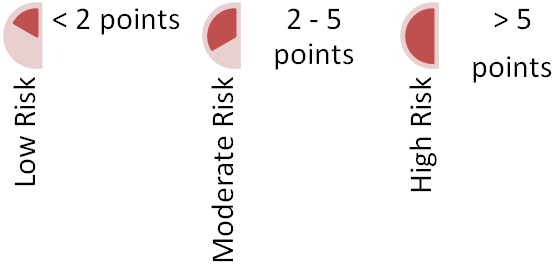Type 1, 2 & Gestational Diabetes Risk Test
What is the risk test?
Everybody who has relatives with diabetes type 1 or 2 must undergo a this risk test to assess his/her own risk to develop one of these two conditions.
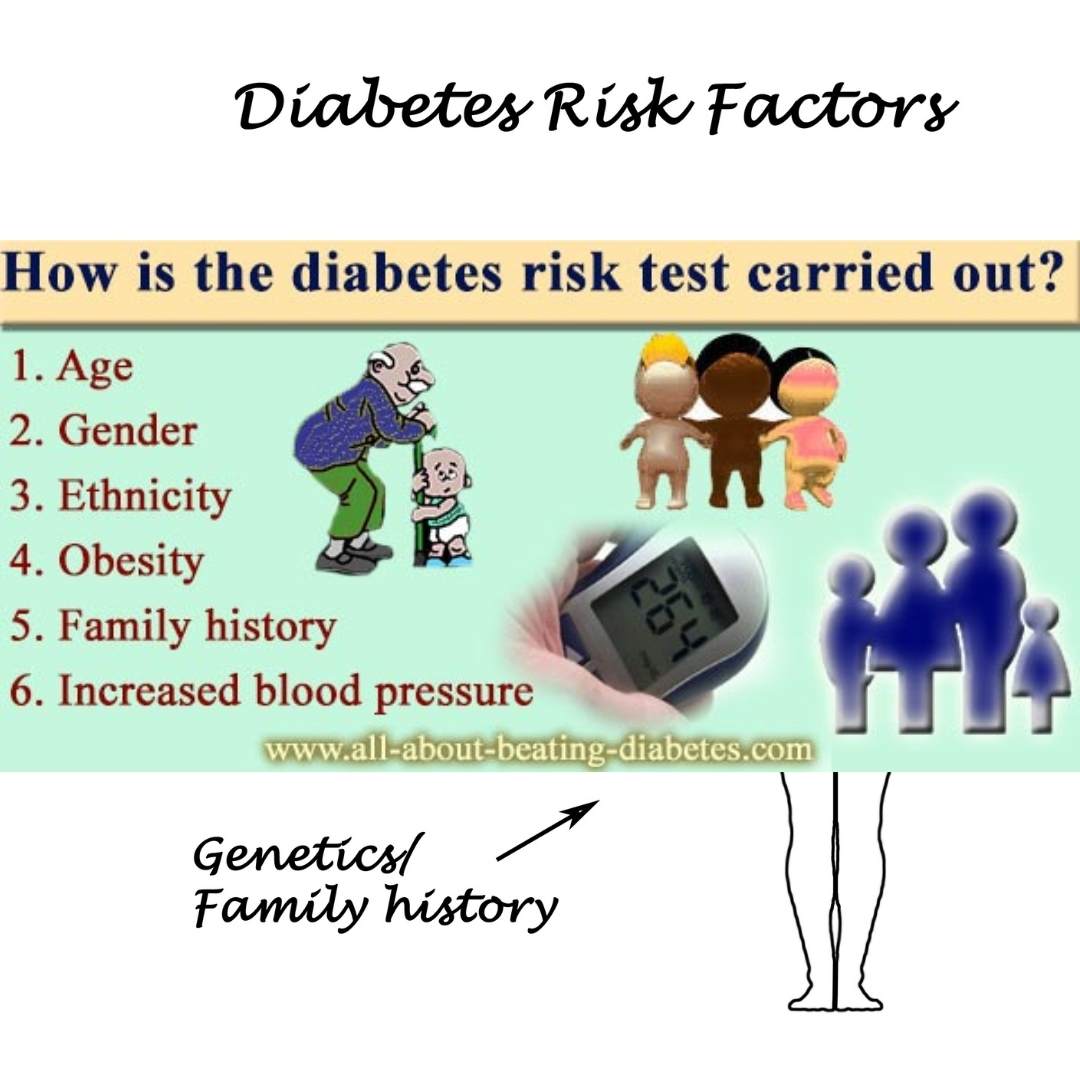
This test is a new way to approach the patients with diabetes and their families. It is more convenient way to establish the risk for them to develop diabetes.
“Risk” is the chance for you to develop diabetes. It does not mean that you are going to develop it. However, if you fall in the high risk category, there is a huge chance for you to develop diabetes however this is not a guarantee that you are going to have it.
On the other hand people with who fall in the low risk group could develop diabetes at some point according to the ADA's risk test.
How is the risk test carried out?
You are going to be asked a series of questions. In most cases, the first question is going to be related whether you are male or female. Gender plays really important part here because males tend to suffer more often from diabetes compared to women.
Age - is an important factor, which determines the risk for diabetes. It is correlated with your weight, height. These three factors are essential for proper risk assessment.
|
Your age ( your points) |
< 40 yrs old (0 points) |
40-49 yrs old (1 point) |
50-59 yrs old (2 points) |
> 60 yrs old (3 points) |
Gender - Studies have shown that men usually go untreated because they are not diagnosed in time. Furthermore, they do not pay scheduled visits to the doctor.
|
Your gender (your points) |
Lady (0 points) |
Gentleman (1 point) |
Ethnicity - People belonging to certain ethnic groups are more prone to develop pre-diabetes or diabetes than other groups.
|
Your Race (your points) |
High Risk Ethnic Groups
|
Low Risk Ethnic Groups
|
Obesity ( increased weight ) - is a factor, which increases the risk further.
|
Your weight (your points) In addition, body mass index (BMI), which depends on height and weight, is determined, when you answer the questions about your weight and height. If your weight is not within the ranges shown in the following list, your risk to have diabetes is elevated. What is more, women who have given birth to babies weighing more than 4 kilos, have also increased risk to develop pre/diabetes. |
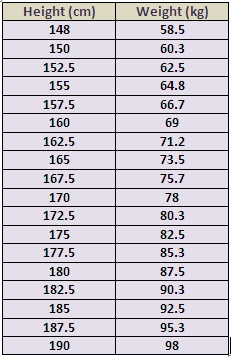 |
Family history - of people suffering from diabetes is another key point of the risk test. If relatives like: father, mother, sister and brother are having diabetes, this increase the risk for you further. However, if you do not have any sick relatives, then the risk will decrease.
|
Your family history (your points) |
Yes (1 point) |
No (0 points) |
Increased blood pressure (hypertonia or hypertension) - is the last of the key factors, which contributes to the increased risk. If you are having high blood pressure, it has to be estimated the time that your blood pressure has been increased.
The risk will raise if you have been long-time diagnosed with high blood pressure. That’s why you need to control your hypertonia to decrease this risk.
|
Your history of Hypertonia (your points) |
Yes (1 point) |
No (0 points) |
How to interpret the results?
The interpretation of the results is sometimes hard even for the doctors. Generally there are three different categories: Low risk, Moderate risk and High risk.
Low risk - this is the group of people, who are young, healthy, without hypertonia, move actively, have body mass index <25, do not have relatives suffering from diabetes.
Moderate risk - this is the group of people with pre-diabetic condition. Only the diabetes test is capable of showing that. The people in this group have some of the factors to develop diabetes in the future.
High risk - these are people who suffer from diabetes. Some people understand that they have diabetes exactly through diabetes risk test.
As you may see, simple steps of keeping naturally healthy can also keep you away from all kind of diseases, including diabetes.
Causes of Type 1 diabetes
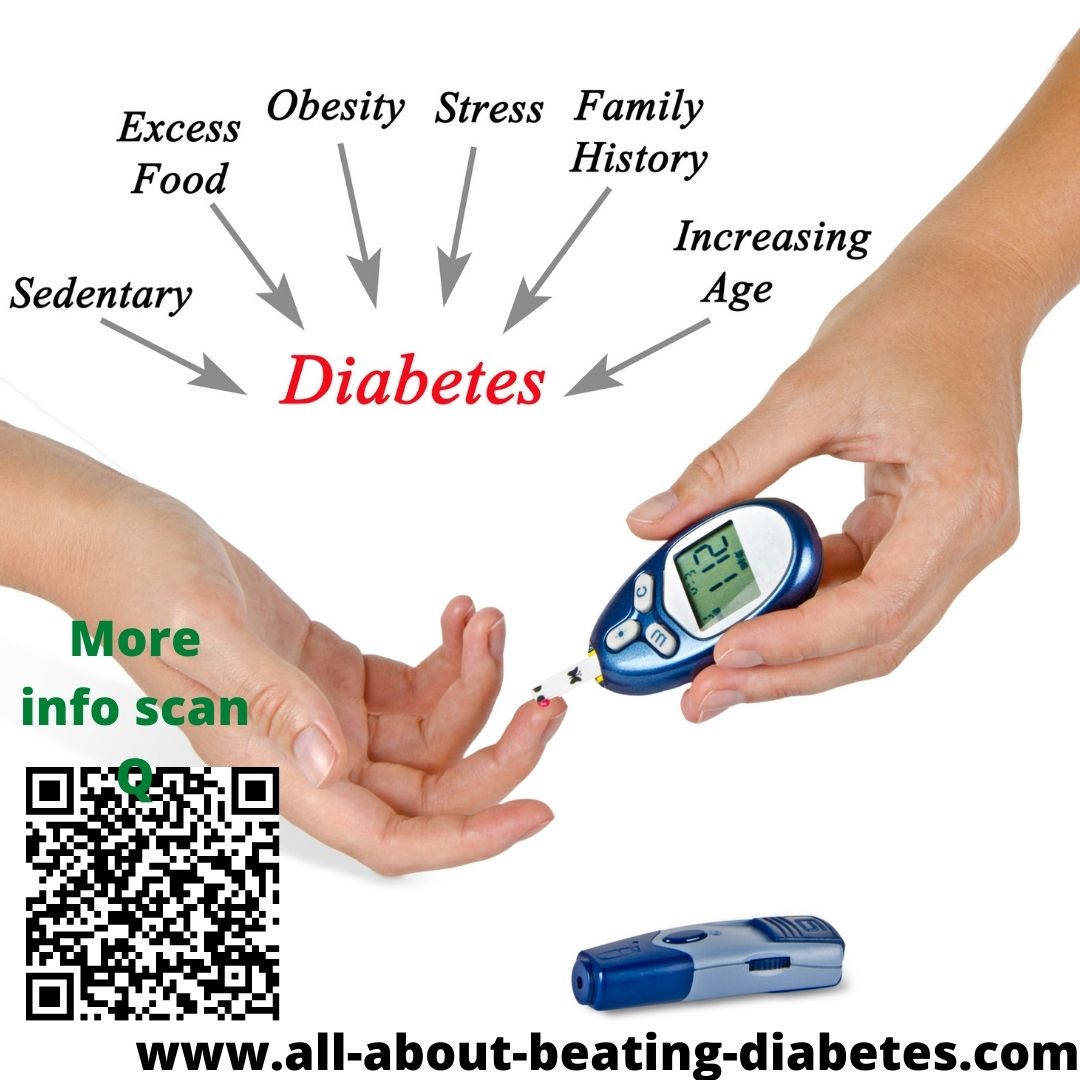
In type 1 diabetes, the most probable causes of diabetes are due to a viral infection, towards which our body gives an immune response. During this immune response, the beta cells of pancreas, which produces the insulin, are being destroyed.
Causes to Low Blood Glucose Levels
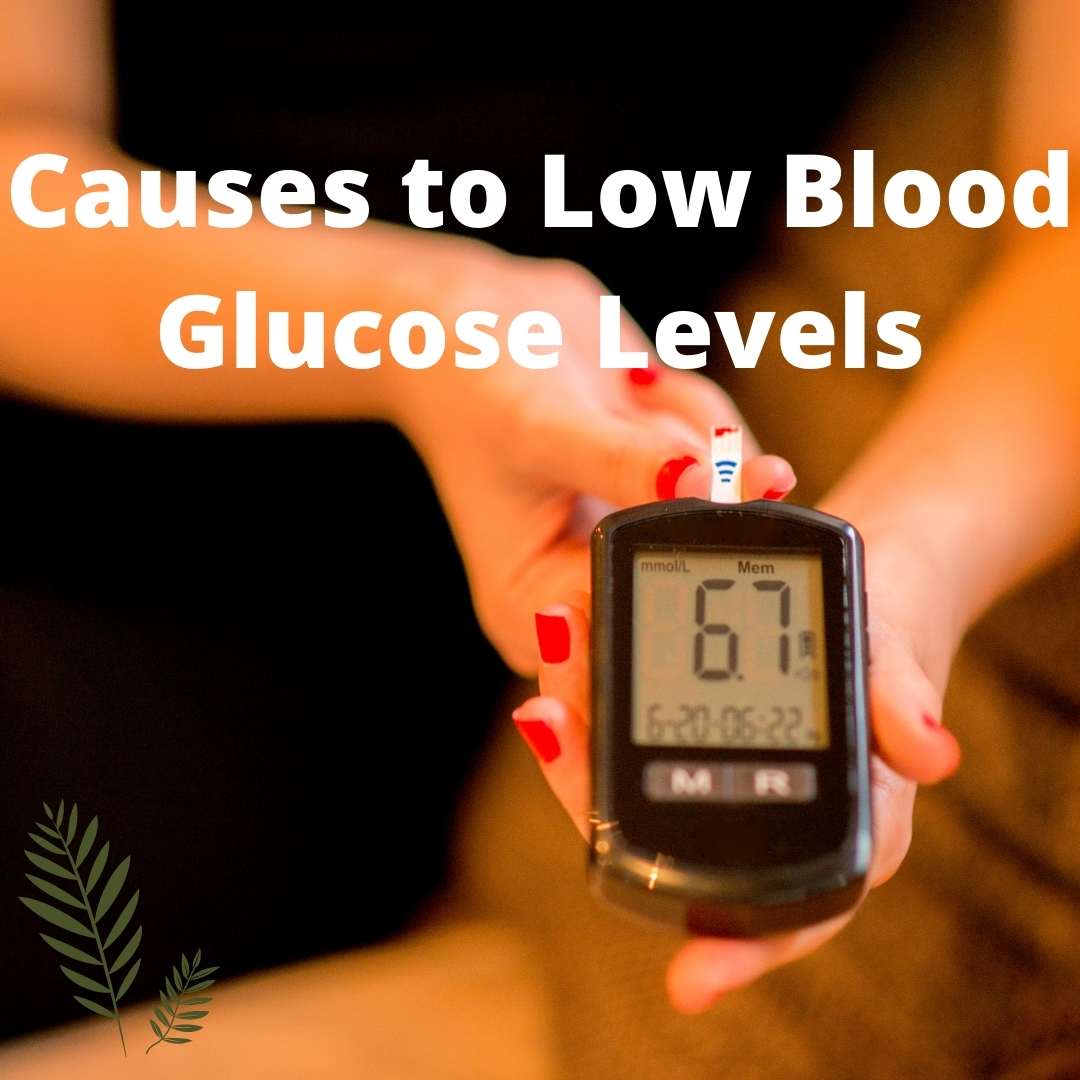
You are saying that you are healthy, and not having problems with diabetes. This would exclude the possibility of using hypoglycemiant drugs. Do you have any familiar taking meds for diabetes? Do you remember if you ever took those meds accidentally?
How does Mobile Phone affect Blood Glucose

There is much talk on the use of a mobile phone and its health effects, especially those teratogenic. However, research data on these purpose is very limited.
Smoking and diabetes – a death leading link

If your do smoke and at the same time are diabetic, this will definitely shorten your life. For sure, they both will anticipate your death and you cannot stop it if you take the right measures in time.
Is insuline cause to weight gain

You’ll be surprised when somebody will talk about gaining weight in diabetics. This is because most of the time, advice emphasize the importance of weight loss in diabetes control
Passive Smoking Leads to Type 2 Diabetes!

There are many studies confirming that active smokers (i.e., those who smoke themselves) are more prone to develop metabolic diseases such as type 2 diabetes although their body mass index (BMI) is lower than of non-smokers.
Written by Dr.Albana Greca Sejdini, Md, MMedSc
Medically reviewed by Dr.Ruden Cakoni, MD, Endocrinologist
Diabetes complications Questions or Problems? Get Help Here
This is the place where you can ask a question about any aspect of diabetes complications.
It's free and it's easy to do. Just fill in the form below, then click on "Submit Your Question".
